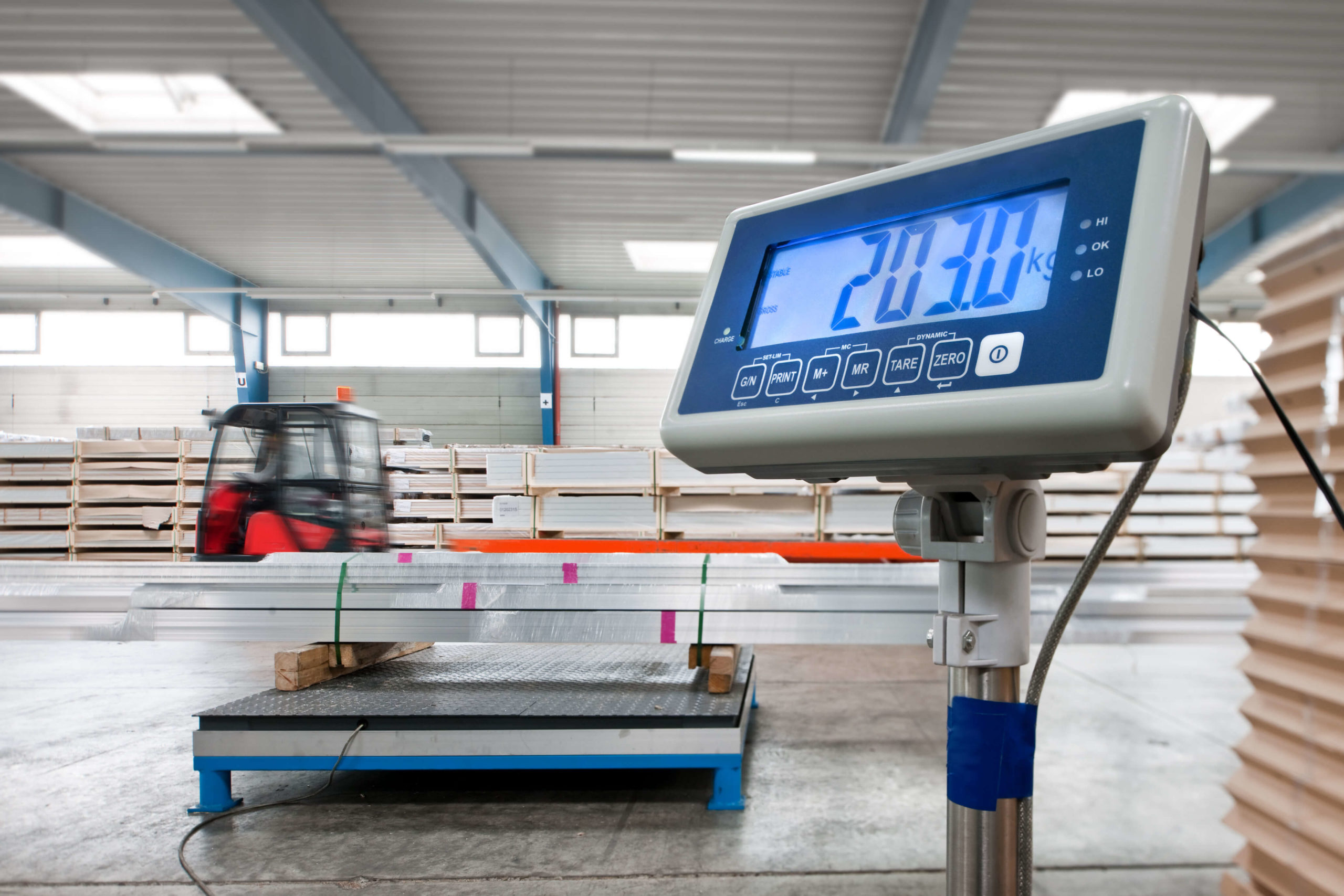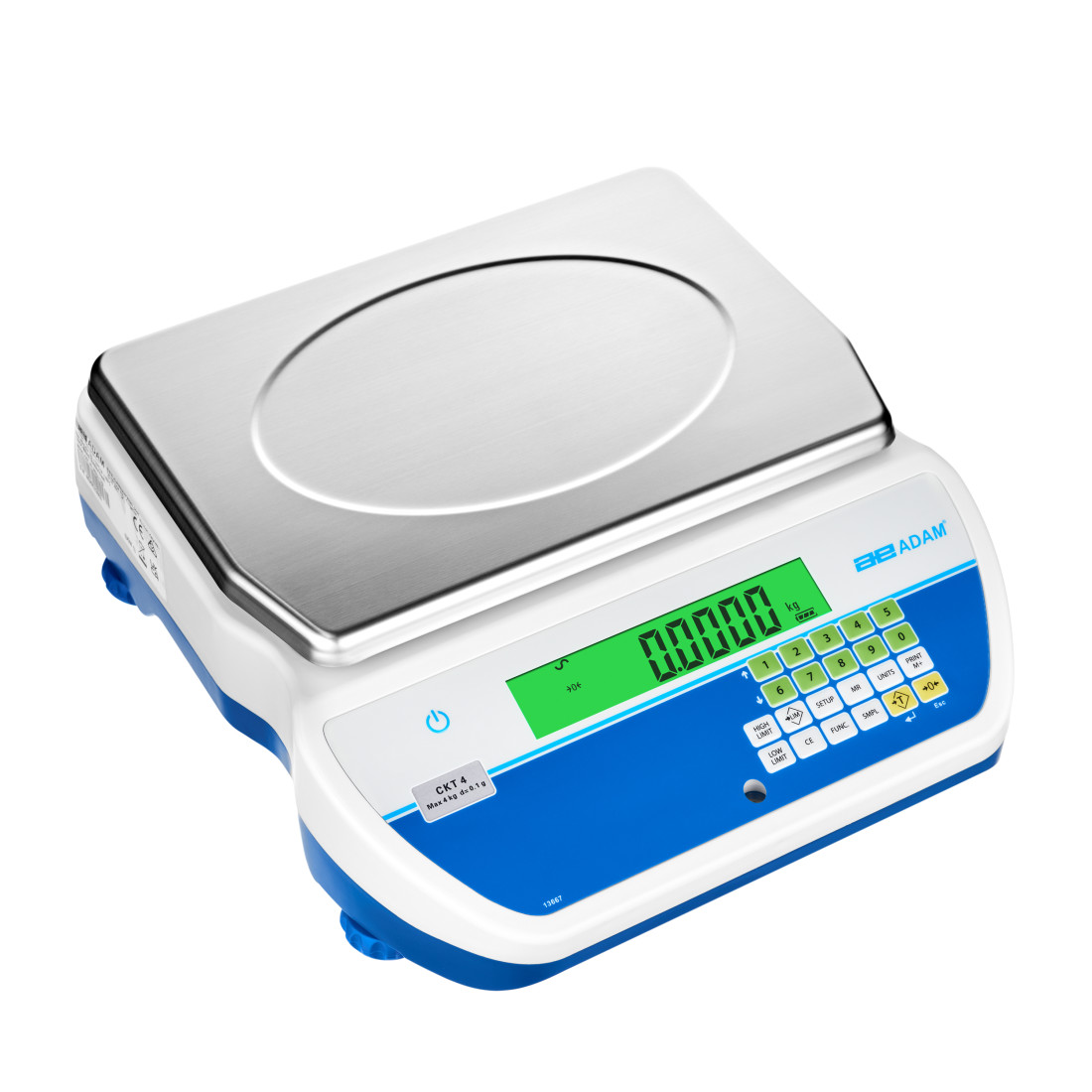The Benefits of Investing in High-Quality Industrial Scales for Heavy Weighing
The Benefits of Investing in High-Quality Industrial Scales for Heavy Weighing
Blog Article
Exactly How Industrial Scales Work: A Detailed Overview for New Users
Recognizing the mechanics behind commercial ranges is vital for new users that wish to ensure accuracy in their dimensions. These gadgets count on tons cells and strain scale innovation to transform weight right into a measurable style, yet the subtleties of their operation extend beyond mere performance. From the numerous types offered to the essential techniques for proper use and maintenance, each facet plays a substantial role in achieving dependable results. As we check out these components, one need to think about how these components communicate to enhance efficiency in varied industrial applications.
Fundamentals of Industrial Scales
Industrial ranges are vital tools made use of across numerous markets, including production, logistics, and agriculture, to make sure exact weight dimensions of hefty loads. The basic principle behind industrial scales includes the conversion of weight right into a measurable form that can be displayed digitally or analogically. These ranges employ various mechanisms, such as tons cells or mechanical levers, to identify the weight of objects placed upon them.

Along with their measurement capabilities, commercial ranges are created to hold up against extreme settings, featuring robust building that resists dirt, wetness, and heavy effects. Calibration and upkeep are important to guarantee accuracy, as also small inconsistencies can cause substantial economic effects. By understanding the essentials of commercial ranges, users can value their significance in numerous industrial applications.
Kinds Of Industrial Scales
Various sorts of commercial ranges accommodate the diverse needs of various sectors, each made to manage particular evaluating tasks with precision and reliability. Among the most usual kinds are flooring scales, which are perfect for evaluating large and heavy products. These scales typically feature huge platforms and can accommodate palletized products, making them crucial in storehouses and delivery facilities.
One more type is bench scales, which are often made use of for smaller things in manufacturing and retail settings. They offer exact dimensions for items that call for accuracy, such as chemicals or parts in setting up lines (Industrial Scales). For mobile operations, portable ranges provide adaptability and simplicity of transportation, appropriate for fieldwork or momentary installations
In addition, specialized ranges like checkweighers are made use of in manufacturing lines to maintain high quality control by guaranteeing that items meet weight requirements. Each kind of industrial scale plays an essential role in improving functional efficiency and accuracy across numerous sectors.
How Evaluating Devices Job
Considering mechanisms are necessary elements that make it possible for exact measurement of mass throughout different commercial scales. These devices use various principles of physics and design to supply original site exact weight readings, important for inventory management, high quality control, and conformity with regulatory criteria.
One common kind of evaluating mechanism is the lots cell, which runs on the principle of stress evaluates. When a tons is applied, the load cell warps a little, generating an electric signal proportional to the weight. This signal is then transformed into a legible weight dimension by the scale's electronics.
An find additional widely utilized mechanism is the mechanical balance, which uses a system of weights and levers. Industrial Scales. This method depends on the concept of balance, where the weight of the things being gauged is balanced against known weights, enabling straight measurement
In addition, hydraulic and pneumatically-driven ranges leverage liquid characteristics concepts to gauge weight. These systems utilize the pressure exerted by a tons to determine weight, using high accuracy for massive lots.
Correct Usage Techniques
When utilizing industrial ranges, adhering to correct use methods is important for guaranteeing precise dimensions and maintaining equipment integrity. It is vital to choose the appropriate range for your details application, as ranges differ in capacity and accuracy.
Before considering, ensure that the scale is put on a secure, level surface area devoid of resonances or disturbances. This will help to reduce errors triggered by external elements. In addition, adjust the range according to the manufacturer's requirements before utilize, guaranteeing that it is functioning correctly.
When placing things on the scale, disperse the weight uniformly to stay clear of tipping or harming the devices. Constantly permit the range to support before recording the weight, as changes may occur during initial placement. For bulk materials, use containers that are suitable for the range dimension to stop overloading.
Furthermore, stay clear of placing extremely hot or cool products directly on the scale, as temperature variants can affect precision. Keep the weighing system clean and complimentary of debris to protect against contamination and make certain dependable results. By adhering to these methods, individuals can maximize the efficiency and long life of their industrial ranges.
Upkeep and Calibration Tips
Making sure the long life and precision of commercial ranges calls for thorough maintenance and normal calibration. A preventive upkeep routine is essential; it must include routine inspections to recognize deterioration, particularly on load cells and various other sensitive elements. Regularly cleansing the scale's surface and making certain the surrounding location is devoid of debris will certainly aid preserve check here its integrity and efficiency.
Calibration is equally crucial and should be done at regular intervals or whenever the scale experiences significant adjustments in temperature, moisture, or physical displacement. Use licensed calibration weights that are traceable to nationwide criteria for precision. Record each calibration session thoroughly to track efficiency with time and determine any kind of fads or repeating problems.
Train all operators on appropriate range usage and maintenance protocols to ensure regular performance and precision. By adhering to these upkeep and calibration pointers, individuals can improve the dependability of their commercial ranges, making certain optimum operation in any kind of setup.
Conclusion

Understanding the auto mechanics behind commercial scales is critical for brand-new customers that desire to make sure accuracy in their measurements.Industrial ranges are important tools used across various industries, consisting of manufacturing, logistics, and agriculture, to make sure accurate weight dimensions of hefty tons. The essential concept behind industrial scales includes the conversion of weight right into a quantifiable kind that can be shown digitally or analogically. By understanding the essentials of industrial scales, individuals can value their importance in numerous industrial applications.
In verdict, comprehending the procedure and upkeep of industrial ranges is essential for making certain precise weight measurements in numerous applications. (Industrial Scales)
Report this page